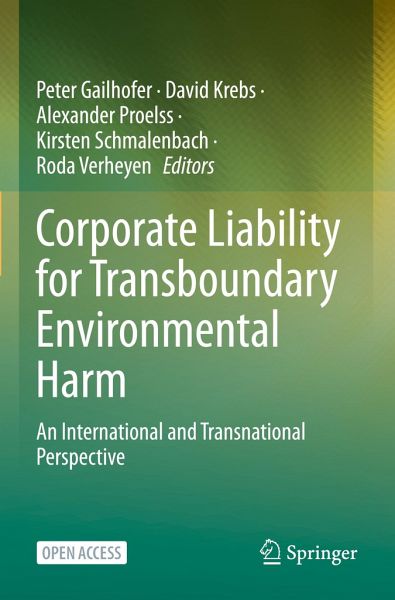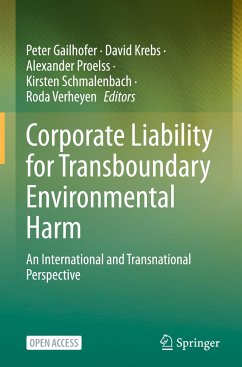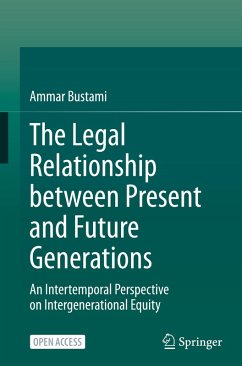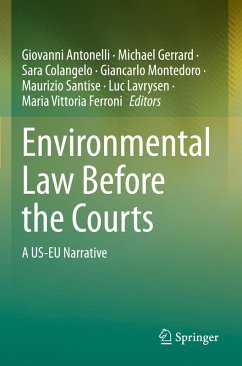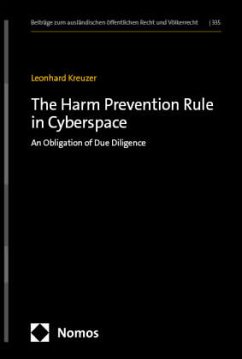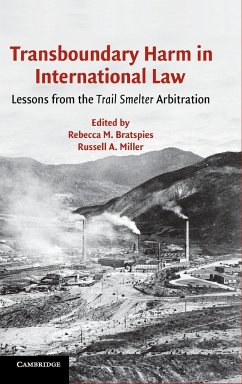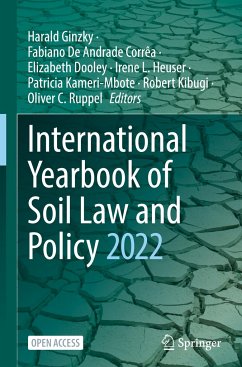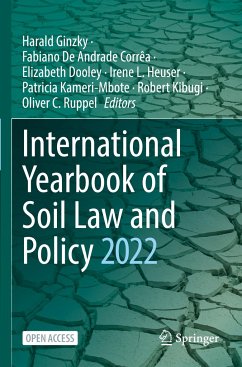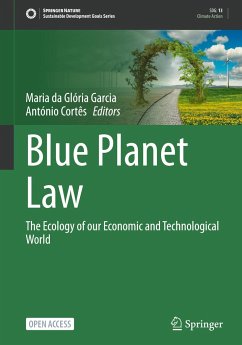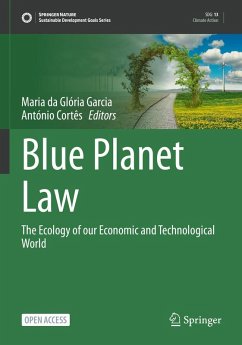Dr. Peter Gailhofer is a lawyer and senior researcher at Öko-Institut e.V. In his work for the Öko-Institut, he provides research-based legal advice to governments and clients from civil society in Germany and the European Union. Having an academic background in human rights law, legal sociology and transnational legal theory, his research and consultancy at the Öko-Institut focuses on international environmental regulation and liability, on concepts and preconditions of national and European value chain regulations and other regulatory instruments with extraterritorial implications. Issues related to the environmental regulation of complex value chains are also at the heart of his research in the context of the digital economy and artificial intelligence. In addition to a variety of academic publications, he is author of several comprehensive scientific studies on these topics. For example, he co-authored the study "Environmental and Human Rights Due Diligence as an Approach to Strengthening Sustainable Corporate Governance" and heads an ongoing project on environmental regulation of algorithmic decision-making commissioned by the German Environmental Agency. David Krebs is a lawyer with a focus on sustainability issues in global value chains, in particular human rights and environmental protection. Since 2014, he works for Geulen & Klinger, a Berlin based environmental law firm. He advises clients from the public sector and NGOs. He is an expert in the dynamically evolving field of corporate sustainability due diligence legislation. In 2016, he co-authored the first civil society proposal for an Act to enshrine human rights due diligence in German law; some of its elements are reflected in the 2021 Supply Chain Due Diligence Act. David Krebs has published several articles on related issues and works on a dissertation project regarding the protection of human rights in global value chains through home state regulation at the University of Erlangen-Nuremberg. Prof. Dr. Alexander Proelss, is the Chair in the International Law of the Sea and International Environmental Law, Public International Law and Public Law at the Faculty of Law of the University of Hamburg. Prior to his move to Hamburg, he was Professor for Public Law, in particular Public International Law and European Union Law, at Trier University, where he also acted as Director of the Institute of Environmental Law (IUTR) and the Institute for Legal Policy (IRP). From August 2007 to October 2010, he taught public international law and European Union law as one of the directors of the Walter-Schücking Institute for International Law at Kiel University. International environmental law and the international law of the sea constitute the focal points of his research. Alexander Proelss has been a member of several national and international research consortia and has advised State agencies, international organizations and NGOs both in Germany and abroad at numerous occasions. Prof. Dr. Kirsten Schmalenbach is Professor of public international law and European Union law at the Paris-Lodron University Salzburg (PLUS). Before she accepted this position in 2010, she was law professor at the University of Bayreuth (substitute) and law professor at the Karl-Franzens-University Graz. Presently, she is the head of the Department of International Law at PLUS. Professor Schmalenbach was Senior Research Fellow at the Berlin Potsdam Research Group "The International Rule of Law - Rise or Decline" and implements the Austrian Science Funds Project "United Nations Tort Law" (1 January 2021 to 31 December 2024) She extensively published in the legal fields of international institutional law, legal sources of international law (Dörr/Schmalenbach, A Commentary on the Vienna Convention on the Law of Treaties, 2018, Springer) as well as responsibility and liability in international law. Dr. Roda Verheyen is an environmental lawyer with many years of experience in international environmental and climate change law and policy. She has written her Ph.D. on climate change damage in international law and now has her own private law firm specialized in environmental, energy and planning law in Hamburg, Germany. Her climate change cases list includes inter alia a case brought by a Peruvian houseowner against a major energy utility (Luciano Lliuya ./. RWE AG, Oberlandesgericht Hamm, I 5 U 15/17), claiming costs for a risk reduction measure to protect his house from a major glacial outburst flood, a German Climate Case (Backsen et. al. ./. Bundesrepublik Deutschland, Verwaltungsgericht Berlin, VG 10 K 412.18) requiring the German Government to enforce the binding national climate target for 2020, the People's Climate Case (Carvalho et. al../. European Parliament and Council, General Court, T 330/18) against the EU's inadequate climate ambition until 2030 and the German Constitutional Complaint Neubauer et. al. (BVerfG Beschl. v. 24.3.2021 - 1 BvR 2656/18, 1 BvR 78/20, 1 BvR 96/20, 1 BvR 288/20) which led to the partial cassation of the German Climate Change Act.
